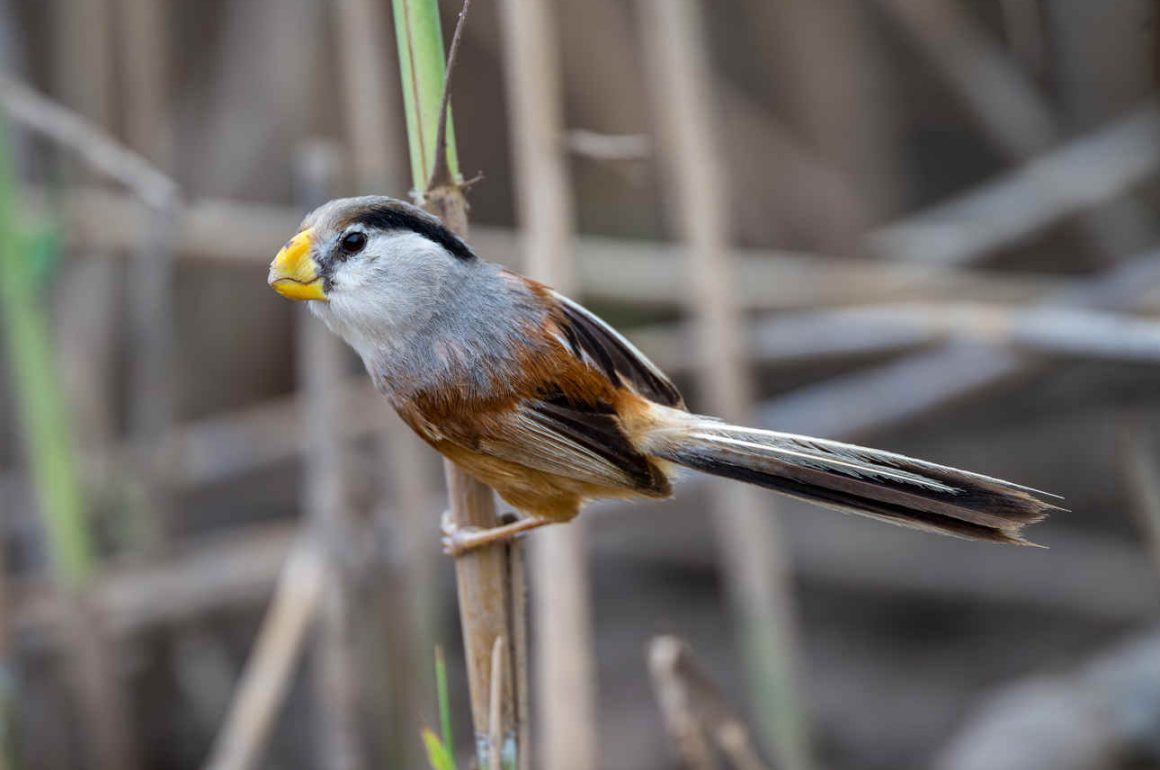
Over the past year, we’ve profiled about 60 bird guides from 35+ countries. Each of them brings unique knowledge of their own local conditions.
Now, while continuing the series as before, we add another format. In this one, instead of one guide answering many questions, many guides answer just one. Hopefully, by putting the same question to many professional birders from around the world, we will see patterns emerge. For our second post in this series, we asked
“What’s the hardest birding skill you’ve had to master — and how did you get better at it?“
Identifying bird calls, recognizing immature raptors, distinguishing similar-looking species, spotting camouflaged birds, tracking fast movers, mastering seasonal variations, digiscoping, and using telescopes effectively. Magada Haily Miriam, Uganda
Becoming what I call a “nature’s witch” — creating a connection with the land. Hours in the forest, silence, deep listening, and making offerings. Asherita Viajera, Colombia
To learn all the bird songs in different countries on different continents. Also, at certain groups ID, ages, etc. Gabor Orban, Hungary/Costa Rica
Understanding the sounds of babblers and warblers and their behaviors. Years of learning and observation helped. Dibyendu Ash, Sikkim, India
Identifying birds by sound/calls in the forest and thickets. I have improved a lot through attending mist netting sessions, especially in the eastern arc mountains of Tanzania. This has made me good at birds’ sounds and calls whilst birding with my birding clients. Furaha Amiri Mbilinyi, Tanzania
My hardest birding skill was to identify birds by songs and calls, and what I did for a very long time was to get into sound recordings, and with that, I came to realise that a call that I have recorded on my own is very difficult to forget. For the last 12 years, I have been recording bird sounds nonstop, making me one of the top bird sound recordists in Africa. Issac Kilusu, Tanzania
Shorebirds ID! Improved through study, expert input, photography, and guides/apps like Merlin. Ernesto Reyes Mouriño and Tania Piñeiro, Cuba
Using a ‘thermal imager’ (…and I still haven’t mastered it ). Tom Tarrant, Australia
Remembering all the bird calls/songs – this improves with more trips in the field. Steven An, China
The hardest skill is to learn each bird as an ” individual person” as each of them has its own behaviour, and to anticipate the response per individual. More field time, more observation time, quick thinking, and assessment. Irene Dy, Philippines
Discerning birdcalls is the hardest bird skill that I have had to master. This cannot be learned in a simulation. One actually has to go to the birds’ habitat and experience it. This learning is slow but enduring for a lifetime. Merlin does help, but it is not yet there. I am blessed to have a liking and interest in music, and that helps me to discern the notes, but it is still difficult. Savio Fonseca, Goa, India
Skill mastery? Is that a thing? I’m still learning! Faraaz Abdool, Trinidad & Tobago
Birding by ear (identifying birds by their calls & songs). Improved by focused listening in the field, using recordings intentionally, linking sounds to habitat & behavior. Mohamed Bargache, Morocco
Bird songs and calls, definitely. It’s really tough for me to learn them without context, so spending time in the field and connecting what I hear to what I see has been my primary method. In this, the Merlin app has been a great helping tool. When I come home, I might focus on a species I heard or observed and find its vocalisations on Xeno Canto, then match what I hear there to what the guide book describes. Little by little, it sinks in. Samuel Bloch, Finland
The hardest skill for me was identifying birds by their calls. In Nyungwe, the forest is very dense, and many species are easier to hear than to see. I improved by spending hours in the field listening carefully and using recordings to compare and learn the songs. Over time, I could identify most species by ear, which now helps me guide visitors more effectively. Jacques Habimana, Rwanda
In my more than 32 years of professional experience as a bird guide, I still find it difficult to name all the European bird species in Dutch, Spanish, or French. The English names of European birds, on the other hand, work quite well. Rolf Nessing, Germany
One of the most challenging birding skills to master is identifying birds by their calls and songs. I improved this skill through consistent field practice — spending more time in different habitats, carefully listening to bird sounds, and using bird call recordings for reference. Participating in local bird walks and trying to recognize calls in real-time also greatly enhanced my learning. Rofikul Islam, India
Swimming. I have never tried to learn, and I watch the tide chart and landscape on the intertidal mudflats to avoid being flooded. Zhang Lin, China
Mastering bird sounds seems to be the challenge most guides agree on — learning songs and calls across habitats and continents. It’s hardly a surprising conclusion, even for less experienced birders, since identifying birds by ear is exactly where most of us rely on professional help. Others mentioned tricky IDs, patience, and intuition — and anyone worried about drowning can rest easy when birding with Zhang Lin.
Photo: Reed Parrotbill at Nanhui, Shanghai, China – a bird best found by hearing its characteristic calls coming from reedbeds, and one of the relatively few birds the comparatively incompetent editor can identify this way.




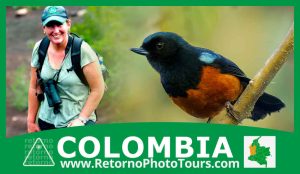


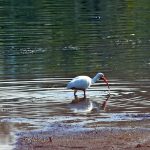

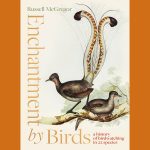
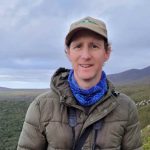
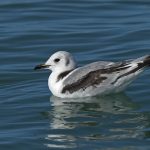
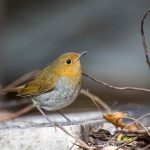

Great job guys! Let’s keep conserving our nature!